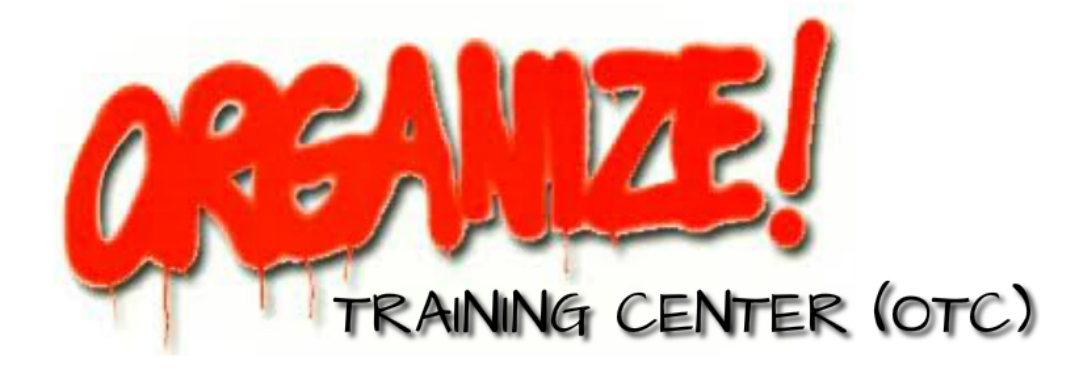|
The outpouring of anger and frustration in the present period is understandable, and necessary. It provides a sense of solidarity that, one hopes, will help people for the long march through the institutions that lies ahead.
The success of the right is not new, nor is it particularly American. We need to understand why that is. To blame it on xenophobia, racism, sexism or any other ism is insufficient. Why are people voting against their economic interests? Why are people voting against government programs that often serve them, their neighbors and their children? Why are people enthralled with the visible display of wealth rather than considering it morally repugnant?
The answer to all these questions requires more than demonstrations, whatever the number of those marching. The fact is that Trump did get elected. He campaigned in states where the electoral college votes he needed were to be found. That Hillary Clinton got two plus million votes more than he doesn’t tell us anything, especially when we consider the fact that conservative Republicans have been winning elections all over the country for the last dozen or more years. They now control both houses of Congress, and a large majority of state legislatures and governorships. And there’s no discrepancy in these between popular vote and election result. My major point: the "movements" haven't deeply rooted themselves in the constituencies for which they claim to speak. At its heart, that requires building human relationships, one-by-one; listening to people and their interests rather than "educating" them about how they should think; fostering relationships that bridge historic lines of division among "the people", rather than creating ever-increasing silos of particular interests (each legitimate in its own right) that use invidious distinction to separate themselves from others--particularly with the foundations or wealthy patrons upon whom they depend for their financing. Membership-based fundraising because nothing has more debilitated promising movements and organizations than dependence upon foundation, corporate and government funding for their core organizational budgets. The means for accomplishing this kind of fundraising are well known. In fact, their use can contribute to solidarity and organization building. Contrast this with the self-perpetuating board of directors non-profit that has a narrow agenda and its own particular patrons which it jealously guards against encroachment by other, similarly constituted, “community-based nonprofits”! We need multi-issue organizations that are membership based. Multi-issue because different people experience different problems at different times in their lives. The way relationships are initially formed is when they negotiate how to support each other in relatively small, but important to them, issues that aren’t important to others. These are called “you scratch my back, and I’ll scratch yours” deals. As solidarity forms among diverse groups it is possible to join in larger, and longer-term, campaigns that address issues more deeply embedded in the status quo. All that is proposed here can be framed in a small “d” democratic language that is the language of a MAJORITY of Americans. It is a strategy for reversing the present dangerous times in which we live.
0 Comments
Leave a Reply. |
AuthorMike Miller has had almost 60 years experience as a community organizer. Before founding the ORGANIZE! Training Center in San Francisco in 1972, he was a founding member of SLATE and an SNCC field secretary. In 1967, he directed one of Saul Alinksy's community organizing projects. Archives
February 2018
Categories(The quote at the top of the
page is by Desmond Tutu.) |
(415) 648.6894 [email protected] 442 Vicksburg, San Francisco, CA 94114
Copyright© Since 2016, ORGANIZE! Training Center. All rights reserved.
Copyright© Since 2016, ORGANIZE! Training Center. All rights reserved.


 RSS Feed
RSS Feed